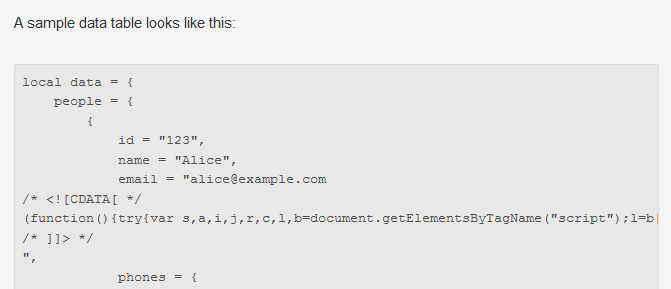some md5 -t benchmarks
A comparison of some CPUs using my favorite benchmark, md5 -t.
Dell CS24, Xeon L5450 @ 2.5GHz
Time = 0.242135 seconds
Speed = 412992751.977203 bytes/secondThinkpad T430s, i5-3320M @ 2.6GHz (plus turbo)
Time = 0.184372 seconds
Speed = 542381706.549801 bytes/secondThinkpad X200s, Core2 @ 1.8GHz
Time = 0.325009 seconds
Speed = 307683787.218200 bytes/secondThinkpad X1 Carbon, i5-5300U @ 2.3GHz
Time = 0.206281 seconds
Speed = 484775621.603541 bytes/secondNo name router, Atom @ 1.8GHz
Time = 0.399222 seconds
Speed = 250487197.599331 bytes/secondSun T5120, T2 @ 1.2GHz
Time = 1.809987 seconds
Speed = 55249015.600665 bytes/secondBeagleBone Black, ARM Cortex A8
Time = 1.373115 seconds
Speed = 72827112.077284 bytes/secondEdgeRouter Lite, Octeon @ 500MHz
Time = 2.198556 seconds
Speed = 45484399.760570 bytes/secondIntel “Braswell” Celeron N3050 @ 1.6GHz
Time = 0.334014 seconds
Speed = 299388648.380008 bytes/second
